Climate crisis demands a redistribution of wealth to fix it
The climate emergency was predominantly caused by the developed world. It is they who should pay for fixing it, argues Ahmed Twaij
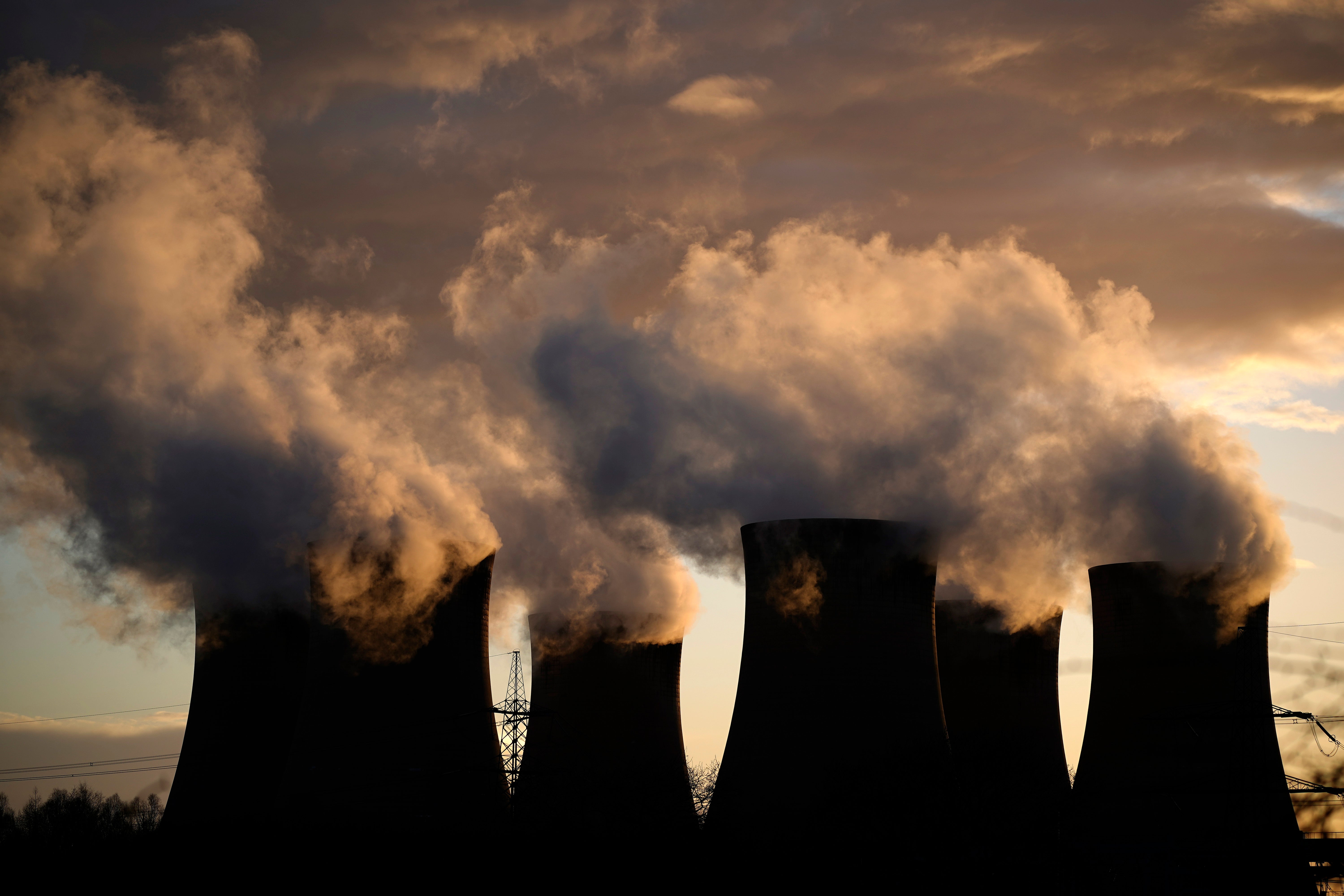
After centuries of pococurante human behaviour towards the planet, it’s official: climate change has reached “code red for humanity”. Given the history and profiteering from climate abuse, the burden to combat environmental damage must fall on wealthy nations that relished centuries of unfettered climate exploitation.
As each year goes by, the world slips into devastating natural disasters as a consequence of climate change. This year has seen wildfires ravaging northern California, Greece, Turkey and Jerusalem. Hurricane Ida has left parts of the US flooded and in London, scientists have predicted the areas that will face alarmingly frequent flooding. A cold snap in Texas caused nearly $200bn worth of damage as electricity and power grids failed. Climate change is real, no matter how often state senators try to flee its effects.
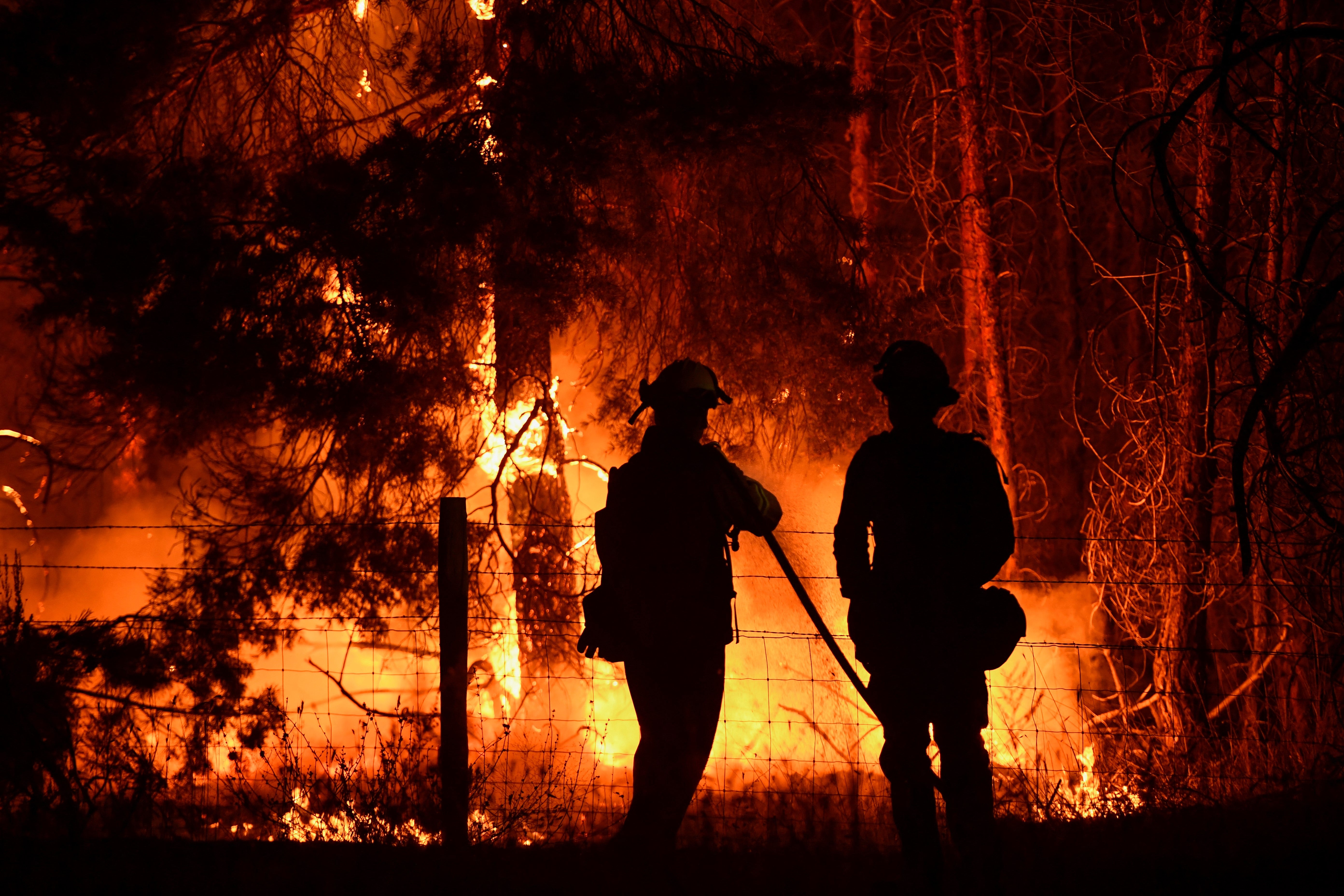
Last month the Intergovernmental Panel on Climate Change, made up of expert scientists, warned in their conclusive report, it’s now or never for humanity to come together and fight climate change: the day of reckoning is now upon us. Considering western countries historically developed their nations through abusing the environment, the mere expectation that developing countries can contribute to reducing emissions is hypocritical.
With the cost of eco-friendly products being too expensive for the average customer, we cannot expect poorer countries to shift to a far more expensive, but environmentally friendly infrastructure. The onus is on the wealthier countries, which rose to power using fossil fuels for centuries, to invest in the planet.
Since the first international climate treaty in 1992, it has been collectively agreed, on paper at least, that countries have differing responsibilities of CO2 emissions and separate capabilities to address the issue. This sentiment has been echoed by Alok Sharma, this year’s Climate Change Conference (COP26) president, who stressed that wealthier nations “must deliver now”.

Wealthy countries have pledged to donate $100bn a year to help poorer countries tackle climate change but have yet to come close to this this target. It’s a minimal amount, when considering the mammoth challenge humanity faces to fight climate change and the $100bn spent on oil and gas annually by the G7 countries alone. Patchwork relief efforts will fail to solve the climate crisis. To properly tackle climate change, a global redistribution of wealth is required. When an individual’s wealth, such as Jeff Bezos’, can rank alongside the wealth of a nation, the issue of climate change can never be solved.
Recently, Brazil famously rejected the offer of $20m from the G7 countries when the Amazon rainforest was burning. President Bolsonaro suggested that "those resources are more relevant to reforest Europe". He had a point; there was a time when Europe and North America were covered in natural forests but to fuel growing empires, many of these were felled.
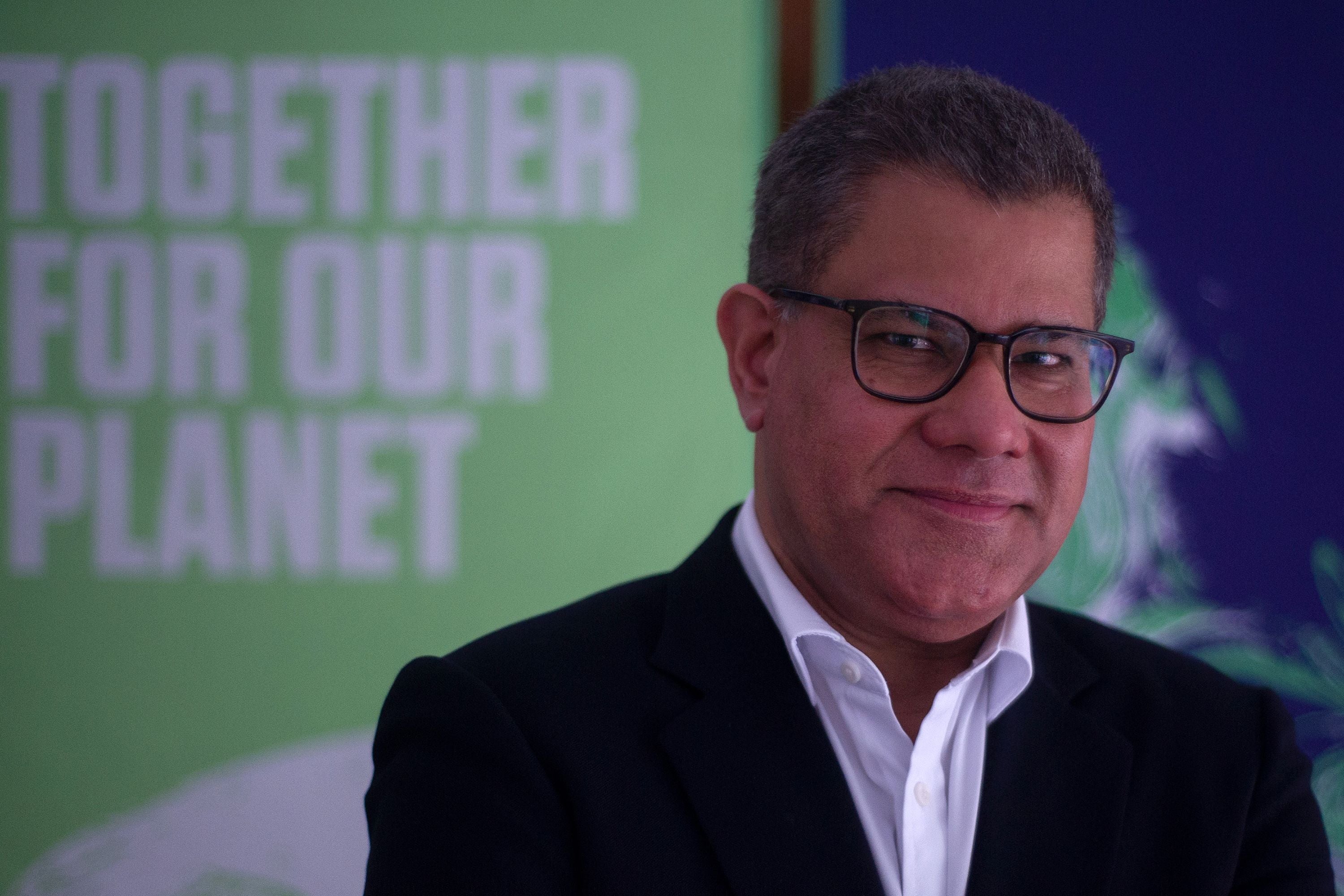
Brazil is a rapidly growing country and is seeking to become an economic powerhouse, currently ranked 9th in the world. For Brazil to prosper in a difficult economic climate, it has shifted towards policies resulting in the destruction of the Amazon rainforest, the "only rainforest we have". We must move to disincentivise such actions, but instead much of the deforestation is funded by US companies, including those that were campaign donors for Mitch McConnell and former president Donald Trump.
The US has been emitting more CO2 than any other country, and is responsible for a quarter of all emissions since 1751. When compared to the US, those living in Sub-Saharan Africa today are each accountable for only one-twentieth of the CO2 emissions of their average American counterparts.
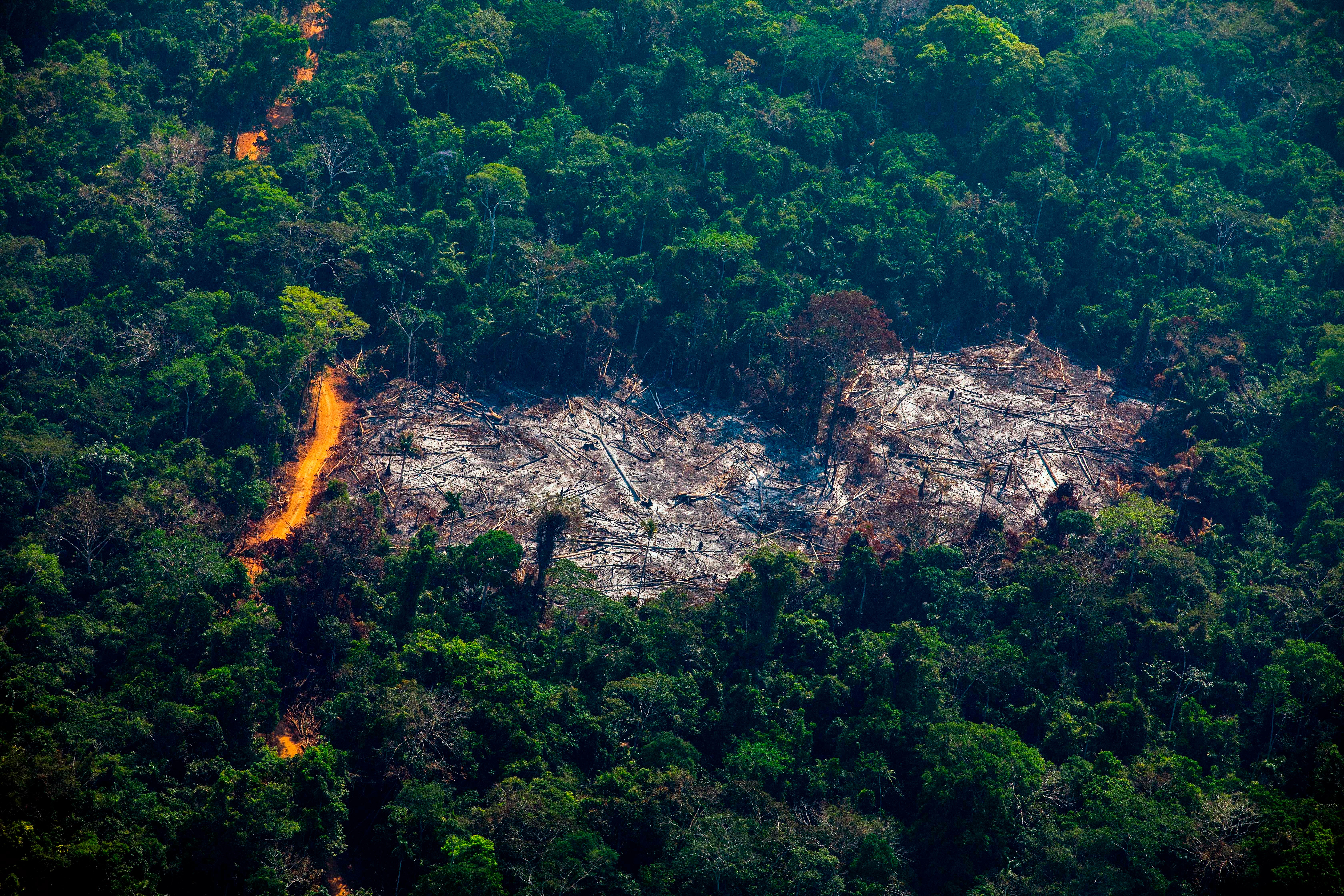
Historically, the bulk of the US economy was developed through the sale of cotton across the world and by the early 19th century, the term used to describe the US economy was "cotton is king". Cotton fuelled US industry, from the infamous plantations to the textile industry and much more. The US is still the second largest producer of cotton in the world. For the US to rapidly expand and develop its cotton industry, it used hundreds of thousands of slaves – free labour – to pick cotton from fields across the nation.
The production of cotton also has significant environmental impacts and could only be grown on a field for a few years before "practical exhaustion" occurred and new, fertile land would be needed. Fertile land is easily found in areas covered by trees. Seeking a quick buck, plantation owners lost no time in cutting down more trees across the country to fuel the gold rush. As a result of this quick deforestation, since the 1600s the US has lost 75 per cent of its forests. This trend has continued in recent years, with the US being deforested at a rate faster than Brazil between the years of 2000 and 2005.
As a result of deforestation, the US has lost 75 per cent of its trees since the 1600s ... with the US being deforested at a rate faster than Brazil between the years of 2000 and 2005
John Parker, a slave worker who later bought his freedom to become an abolitionist in 1900s America, harrowingly described this deforestation process, whereby "whole forests were literally dragged out by the roots". Lush forestry, filled with diverse vegetation, was replaced by a single crop, cotton, for the purposes of growing the country’s economy. From then on, the environment continued to be spoiled in the interest of profit. Land was cleared at rates equal to the population growth in the US for the purpose of agriculture. Similar tales of deforestation are found in the UK where, according to the Doomsday book of the 10th century, more than 15 per cent of the country was covered in forest, reaching a low of 5 per cent at the height of the industrial revolution.

Countries such as the US, the UK and other G7 countries have an unfair advantage: they previously exploited lax human and environmental rights to give them power and economic independence. They no longer need to damage the environment – as much – to sustain their influence, despite the fact that they have caused irreversible damage to the planet. Being more established, these countries have also developed the technology for renewable energy, further benefitting from poorer nations as the rush to cultivate environmentally friendly infrastructures increases globally.
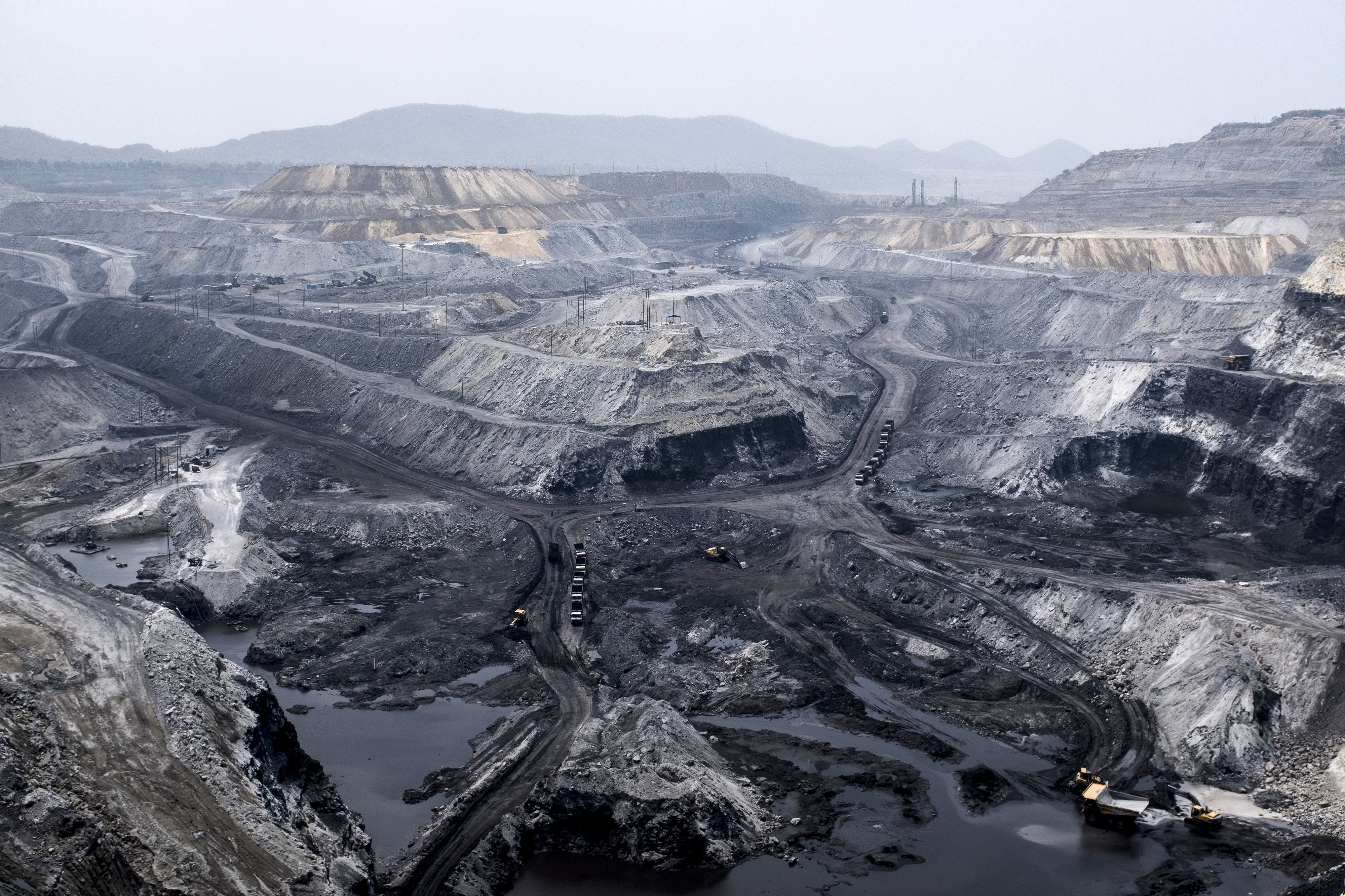
If other countries seek to expand their economies, they must cut corners on human rights and/or inflict environmental damage; consider for example the Gulf countries and their abuse of South Asian workers, Brazil and the Amazon rainforest and Asian countries and their use of coal.
According to a recent report by the International Energy Agency, Asia accounts for 75 per cent of coal use, with renewable energy being far too expensive for it to consider. In contrast, during the industrial revolution, which fuelled Britain’s global empire, its use of coal was unopposed. Britain would not be the economic powerhouse it is today, without having abused the environment in its past.
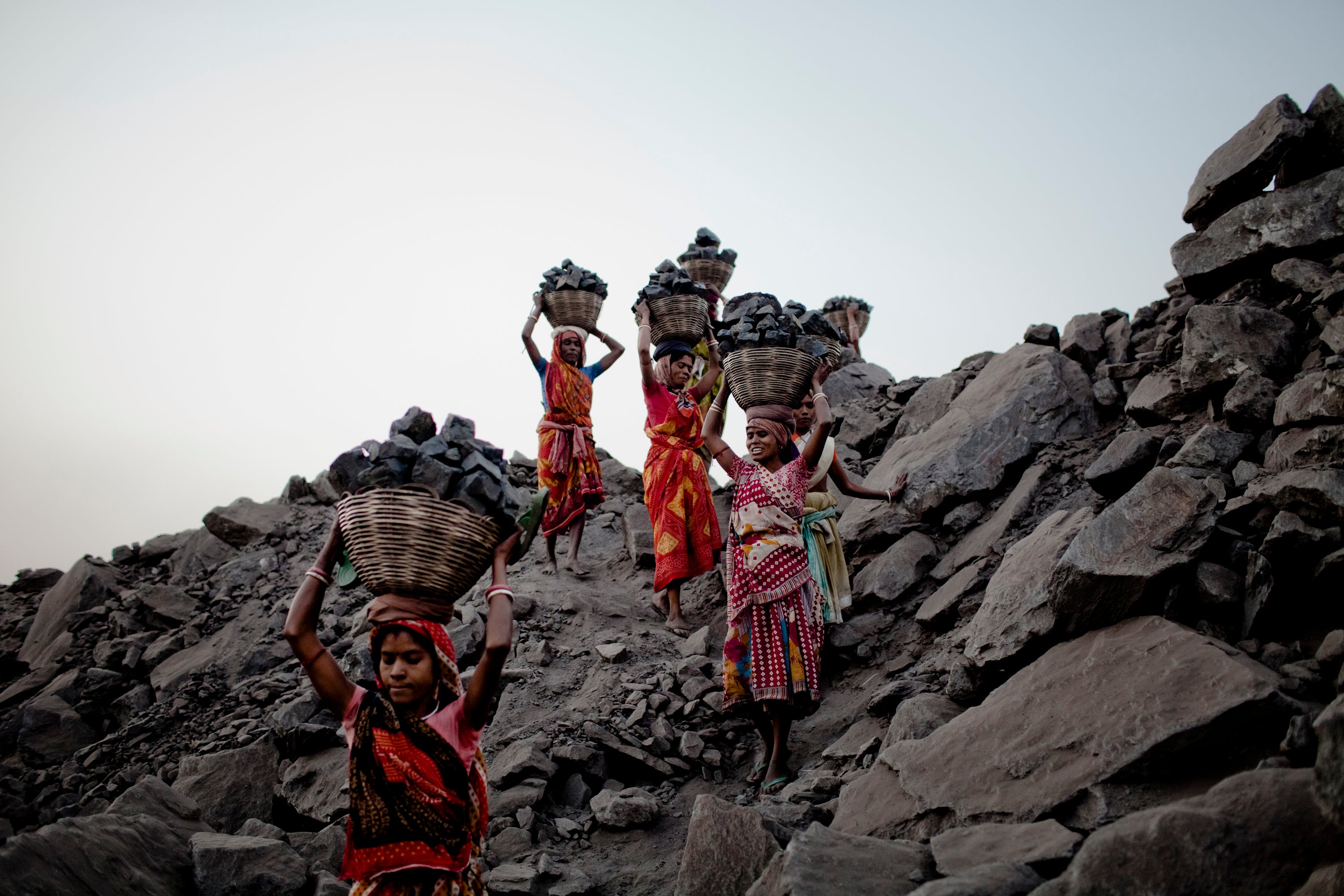
In 1750, Britain produced only 5.2 million tons of coal per year. By 1850, it was producing 62 million tons of coal a year, more than 10 times the figure a century prior. These figures do not include the vast carbon dioxide producing resources consumed by the British Empire across the world. To expand its occupation in Iraq, Britain built railroads from the port city of Basra to Baghdad. Similar stories are reflected in India and other former British colonies.
As the British Empire began to expand, so too did its navy. The patriotic British anthem, “Rule, Britannia! Britannia, rule the waves!” is testament to Britain’s colonial aspirations: at one point ruling over almost a quarter of the world’s population and land mass. By the 19th century steam power, and with it coal consumption, continued to fuel the Empire’s expanse without consideration for environmental damage. By 1945, Britain’s oceanic rule included more than 2,300 carbon dioxide emitting vessels, a colossal figure when compared to the 89 ships in today’s Royal Navy.
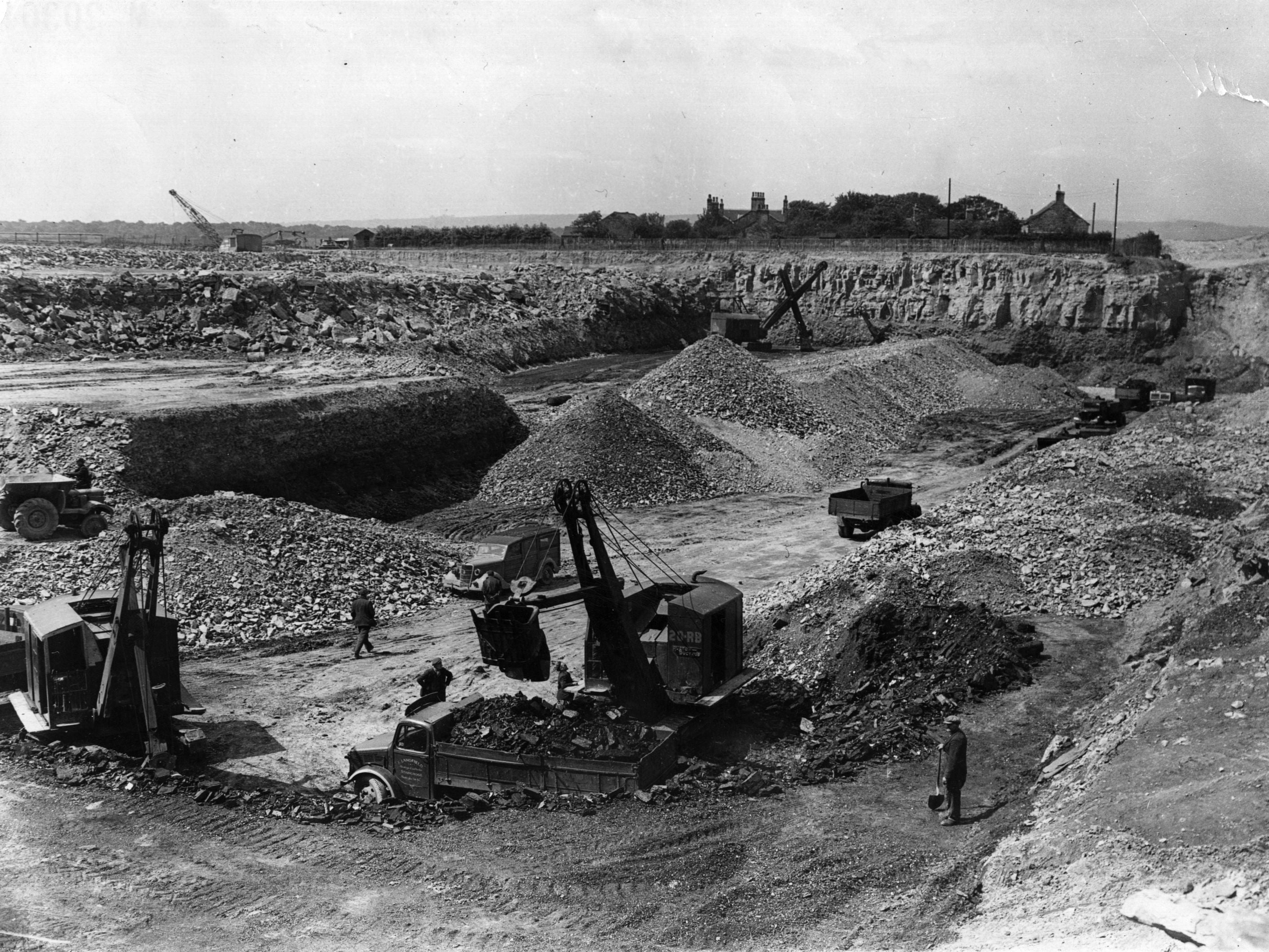
At the time, the industrialised countries could claim they were unaware of the impact fossil fuels had on the environment. But this has not always been the case. Although the growing climate crises has only recently been taken seriously, the effects of carbon emissions have been known by western institutions for a lot longer, before it ever became public knowledge.
It was part of a concerted effort to cover up the impact in favour of the growing US-led fossil fuel giants.
Fossil fuel companies continued to spread misinformation and successfully lobbied the US Senate to not ratify the Kyoto protocol – the world’s first climate agreement. Although former president Bill Clinton initially signed a watered-down version of the treaty, the Senate cited the possible damage to America’s economy when refusing to ratify the protocol. How can we then expect countries in a worse economic position than the US to comply with climate agreements?
To this day, the impact of fossil fuel companies’ disinformation persists, with one US senator taking a snowball into the Senate House as his proof that climate change is hoax. Throughout his presidency, Donald Trump chose to deny climate change, instead claiming it to be a hoax by the Chinese. Off the back of these denials, Trump made calls to fossil fuel companies, stating: “Tell your coal miners I got their backs.” It has become common for the fossil fuel industry to fund US election campaigns, in the hope of pro-fossil fuel policies in return.
The fossil fuel companies’ disinformation persists, with one US senator taking a snowball into the Senate as proof that climate change is hoax
In 2000, as George W Bush was seeking election, big oil companies spent more money than any previous election campaign in history to get Bush into power. Within a week of Bush taking office, their contributions paid off, as vice-president Dick Cheney created the National Energy Policy Development Group, giving the fossil fuel companies a seat at the White House.
The group then published a report urging Middle Eastern countries "to open up areas of their energy sectors to foreign investment". A few months later, US troops were deployed in Iraq and the rest is a devastating history. Similarly, during last year’s 2020 presidential race, Trump’s campaign received a whopping $2 million in contributions from the oil and gas sector. Not that Joe Biden’s campaign was innocent. It received $800,000. Allowing fossil fuel companies to dictate policy will inevitably make the global task to tackle climate change a real challenge and prove to be hypocritical when demanding developing countries to contribute to easing the crisis.
The global cost to slow down climate change has proven to be monstrous. Modern, environmentally friendly technology, has yet to catch up with the cost-effectiveness and ease of access of older, fuel-consuming technologies. Developing nations, struggling to provide access to healthcare, job opportunities and a sustainable infrastructure to its nations, will collapse with the cost of developing a more environmentally friendly infrastructure.

In Europe, the average consumer needs to pay approximately €2,000 (£1,700) a year more for shopping eco-friendly products. In some instances, it has been found that green goods can cost nearly 50 per cent more than their non-environmentally friendly equivalents. Take electric cars for example, where the cheapest available in the UK costs around £15,000. When compared with countries in sub-Saharan Africa (excluding South Africa), where the average per capita income is $315, it is understandable why such nations will struggle to shift towards an environmentally friendly infrastructure.
More recently, the US has supported and funded private space exploration companies such as Jeff Bezos’ Blue Origin and Richard Branson’s Virgin Galactic. The billionaires’ vanity projects to fly to space as tourists significantly contributed to greenhouse emissions: a four-minute flight for a hoarding billionaire negated many of our individual efforts in reducing climate change in our daily lives. Bezos, one of the wealthiest men on the planet, spent $5.5 billion on his brief stint to space, which is more than the annual budget of 100 countries and money that could instead be used to reduce emissions.
Efforts to fix the climate crisis should be global not piecemeal. Although briefly addressed during the Kyoto protocol, with exemptions added to the agreement for countries such as China and India, the burden for tackling climate change must fall on the developed world. Further, applying potentially hypocritical judgement over environmental abuses in the global south is unlikely to benefit those countries..
Addressing local environmental concerns should be a priority, and a global redistribution of wealth must, in the long-term, be accomplished for all countries to have the opportunity to expand and grow without damaging the environment. Let us hope these issues are addressed at November’s COP26.






Join our commenting forum
Join thought-provoking conversations, follow other Independent readers and see their replies
Comments